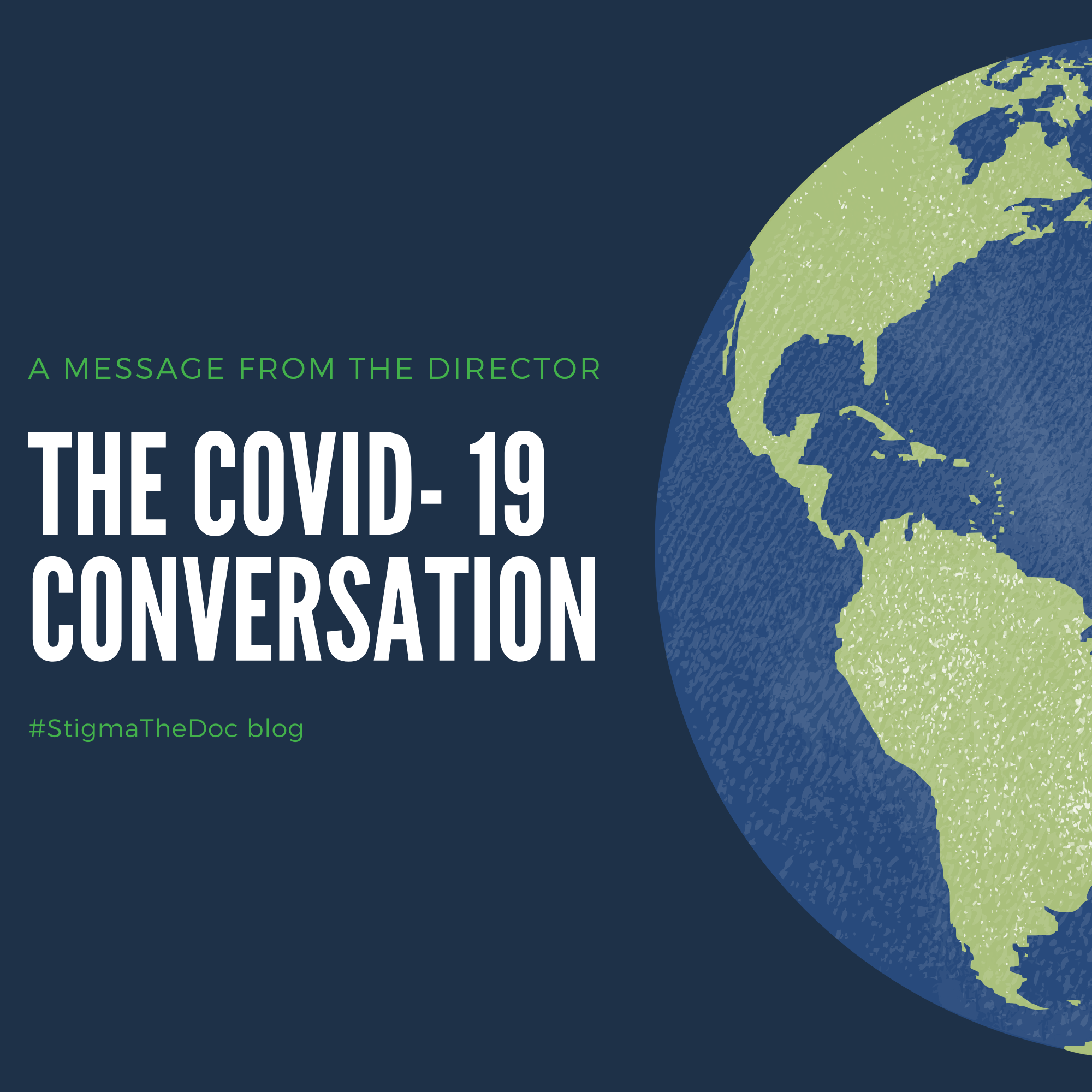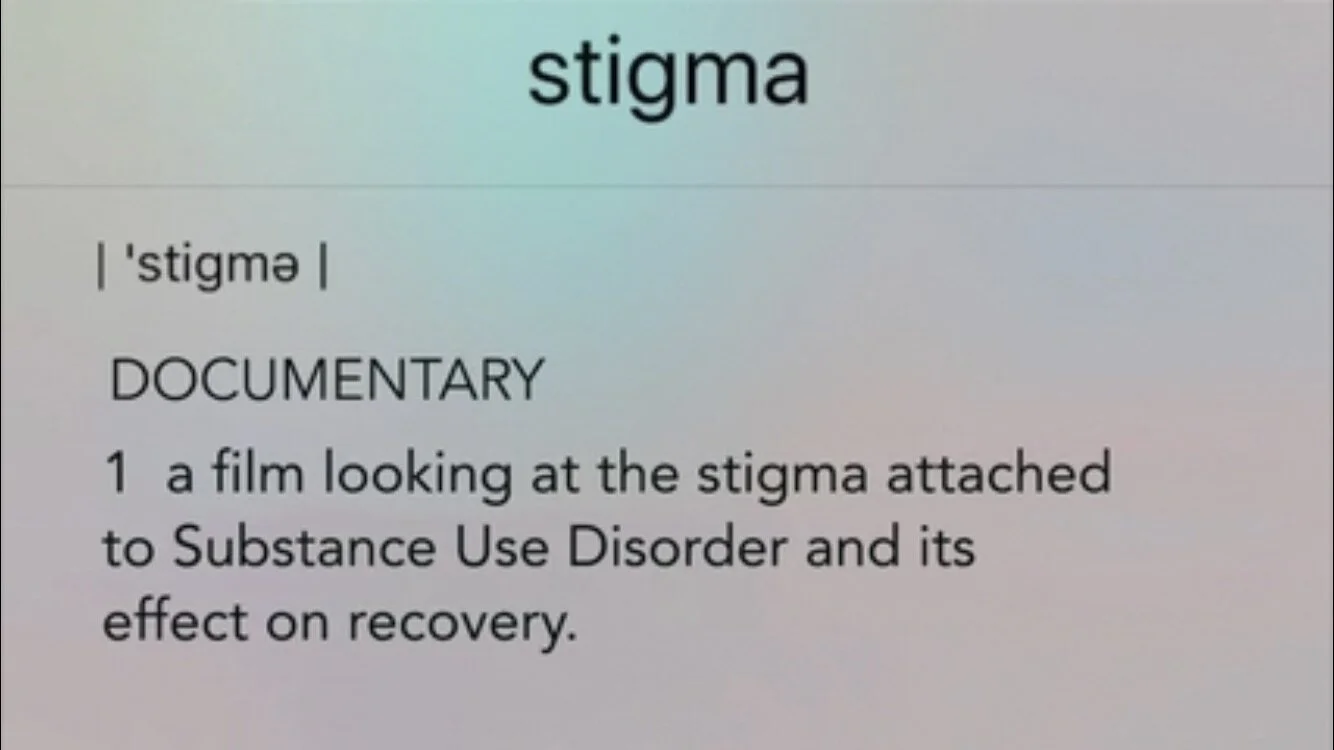Stigma: How It All Started
I’m an alcoholic.
That’s one of the greatest sentences I have uttered out loud and I say it often in private meetings all around Nashville. The sentence keeps me grounded in my recovery. It reminds me of something important. It allows me to be open, to grow, and to learn and love.
And yet, until six months ago I never realized how high the horse was that I was riding while saying it. It took someone important to me to die for me to realize.
This person worked in rigging and lighting for concert events around the world. He travelled and grabbed life by the horns and wrestled it to the ground. In his off time he decided to hike the Appalachian Trail and made it over 700 miles before an injury forced him to come off the trail. He was a man of life, compassion and generosity. If someone was in need he didn’t hesitate to provide.
When he passed, his sister found a video of him in all his zeal for life and we watched it on repeat. In the video he exclaimed with complete authority, “When the champion arrives people are gonna know. It’s not gonna be a question!”
To me it encapsulated the man I knew and loved! It made me laugh and cry as I watched it over and over again.
He died from an overdose.
The words he spoke in that video are now tattooed on my arm as a reminder to live life with compassion, generosity, zeal and swagger.
After he died, I could see people’s opinion of him change the minute they found out what killed him. I could see people trying to make him out to be something he wasn’t and I didn’t like that they were missing out on the awesome powerhouse of an individual that he was. He was stigmatized by his drug use. His death was tainted by the drugs he consumed.
I began to see how I, too, was looking at Substance Use Disorder with a stigmatizing view. I always thought, “Hey, my problem is alcohol and it is LEGAL to purchase. I’m not breaking any laws to get my fix. Ya’ll are breaking the law.”
It’s embarrassing to admit that now, but it was a pivotal moment in my understanding of the disease of Substance Use Disorder. There was a shift from thinking of the disease as substance abuse to Substance Use Disorder. (The American Psychiatric Association no longer uses “addiction” as a term or diagnosis. Instead, the APA adopted the phrase “substance use disorder” as a way to describe problems related to the “compulsive and habitual” substance use. The change was made specifically to avoid confusion surrounding the term addiction and it’s “uncertain” definition, as well as the negative stigma associated with the word.)
Over the next few months whenever I was in a discussion, a meetup or at a lecture about Substance Use Disorder or the opioid crisis I would hear the same words from almost every speaker. “We have to talk about the stigma associated with this disease.”
After chatting with my friend David Hampton on the phone, I decided a documentary about the stigma associated with Substance Use Disorder needed to be made.
I asked Siri, “What’s the definition of stigma.”
She replied back, “A mark of disgrace associated with a particular circumstance, quality or person.”
This was the next story TEN/28 had to tell.
We’ve been involved with pre-interviews, research and organization over the past few months. We’ve met with therapists, ministers, business leaders, recovery centers and addicts to talk about the disease and understand fully why society has this stigmatizing view toward drug addiction and those with the disease of Substance Use Disorder.
Come along for the ride as we document the making of this story about stigma that needs to be told.



